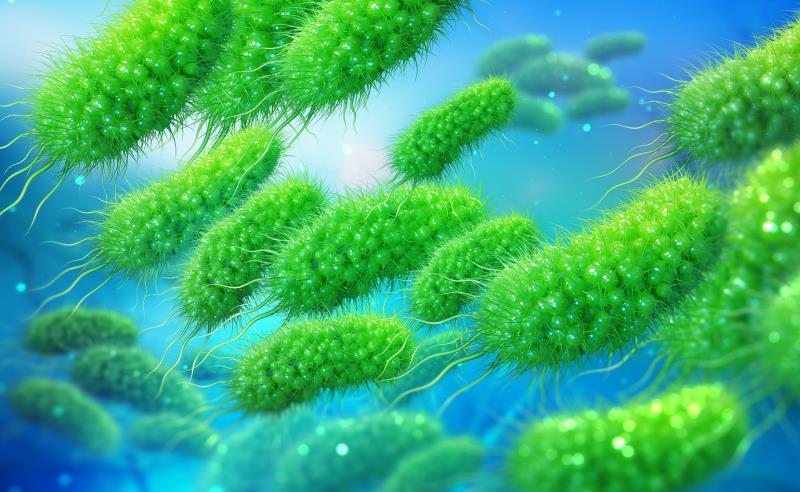E. coli strains potential agents of colorectal cancer





Certain Escherichia coli strains with carcinogenic potential are more prevalent in Malaysian patients with colorectal cancer (CRC) than healthy individuals, according to a new study.
The study enrolled 48 adult patients with CRC who had colon or rectal cancer resections performed at University Malaya Medical Centre (UMMC) between April 2014 and July 2015, as well as 23 healthy adults who went for colonoscopy at UMMC in the same period and had no previous history of inflammatory bowel disease (IBD), CRC, or any other cancers. Biopsies were taken from tumours in patients with CRC, as well as from normal mucosal colon tissues (proximal and distal) in both groups. [PLoS One 2020; doi: 10.1371/journal.pone.0228217]
Of the patients with CRC, eight had biopsies with E. coli strains possessing the polyketide synthetase (pks) genomic island, while only one of the healthy controls had the same (16.7 percent versus 4.3 percent, p=0.144). In the eight patients with CRC and pks+ E. coli colonization, the same bacterial strains were found in both tumour and normal colon samples.
“This finding is in agreement with previous studies wherein pks+ E. coli was over-represented in CRC patients as compared to those without cancer,” wrote the study authors. “In addition, we demonstrated that pks+ E. coli was found in both tumour and matching non-malignant tissue in CRC patients.”
Transmissible between individual bacteria, the pks genomic island allows the synthesis of colibactin, a genotoxic protein which has been linked to DNA damage and mutation, cell cycle arrest, and chromosomal instability in human cells. Previous studies in mouse models as well as patients with CRC have shown that pks+ E. coli are more often present in patients with CRC, while pks- strains appear to lack the same carcinogenic impact. [Science 2012;338(6103):120–123; PLoS One 2014; doi: 10.1371/journal.pone.0056964]
When the research team used the pks+ E. coli strains isolated from study participants to infect model cell lines of primary colon epithelial (PCE) and colorectal carcinoma (HCT 116) tissues, they found that the pks+ strains caused healthy cells to fuse together and swell abnormally, while the cancerous cells enlarged further (megalocytosis). The same effect was not observed when either cell line was infected by pks- E. coli strains isolated from the same patient cohort.
The results from the PCE cell line “may indicate that the presence of pks+ E. coli may be a risk factor contributing to the formation of tumourigenesis,” said the authors. They added that the cytopathic effect observed in the HCT 116 cell line might implicate pks+ E. coli in “the exacerbation of tumourigenesis, rather than just the initiation process.”
The authors noted that their study’s findings represented only one of multiple factors potentially contributing to CRC carcinogenesis and acknowledged the small sample size involved. They recommended future studies investigating the relationship between other factors such as dietary intake and lifestyle on the impact of pks+ E. coli in CRC.
The study was part of a bilateral collaboration between University Malaya and Johns Hopkins University School of Medicine, US.